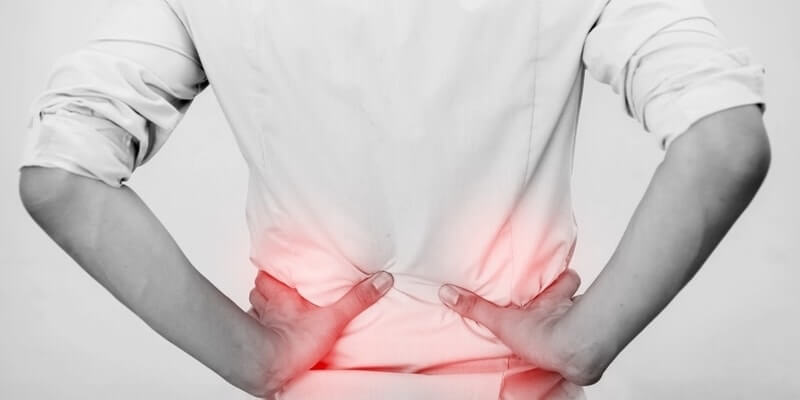Back pain can sneak up on you when you least expect it, often without any warning signs. Whether it’s a sharp jab, a dull ache, or that annoying numbness shooting down your leg, your spine might be trying to send you a message. And when simple rest and stretching just aren’t doing the trick anymore, it could be time to see a spine specialist.
So, what does a spine specialist actually do, and what kinds of issues do they handle? If you’re questioning whether your symptoms warrant a professional’s help, this guide is just for you.
What is a Spine Specialist?
A spine specialist, also known as an orthopaedic spine doctor, is dedicated to diagnosing and treating conditions that impact the spine. This includes everything from the vertebrae and discs to the nerves, muscles, and other supporting structures that help you move and maintain your posture.
These experts tackle a range of issues, from mild discomfort to serious problems that can limit your mobility. Some conditions can be treated with non-surgical options like physical therapy or medication, while others might need more specific procedures. Regardless, getting an early diagnosis and personalised care can make a world of difference.
Common Conditions Treated by a Spine Specialist
1. Herniated or Slipped Disc
This is a frequent culprit behind lower back or neck pain, occurring when the soft cushion between your vertebrae bulges or breaks open. It can press on nearby nerves, leading to pain, tingling, or weakness that often travels down your arms or legs.
2. Sciatica
That sharp pain shooting from your lower back down your leg? That’s probably sciatica. It happens when the sciatic nerve gets compressed, often due to a herniated disc or spinal stenosis. A spine specialist can help identify the underlying issue and create a tailored treatment plan.
3. Spinal Stenosis
This condition is characterised by the narrowing of the spinal canal, which can put pressure on the spinal cord and nerves. Symptoms may include numbness, weakness, or pain, especially when you’re standing or walking.
4. Scoliosis
Scoliosis is when the spine curves sideways, often beginning in the teenage years but sometimes continuing into adulthood. Depending on how severe it is, a specialist might suggest keeping an eye on it, using a brace, or even considering surgery.
5. Degenerative Disc Disease
As we get older, the discs in our spine can lose moisture and flexibility, which often leads to chronic pain and stiffness. A spine specialist can help manage this condition with treatments designed to enhance movement and ease discomfort.
6. Fractures or Injuries
Spinal fractures, whether from a fall, an accident, or osteoporosis, require immediate attention. Getting the right treatment is crucial to avoid long-term issues.
When Should You See a Spine Specialist?
- If your back or neck pain lingers for more than a few weeks
- If you notice numbness, tingling, or weakness in your arms or legs
- If your pain intensifies with movement or keeps you up at night
- If you’ve seen a noticeable change in your posture, flexibility, or mobility
Stand Tall, Stay Strong
Don’t brush off spinal issues, especially when they start to interfere with your daily life. The sooner you consult a spine specialist, the better your chances of managing the problem without resorting to invasive treatments.
At Orthopaedic Spine Specialist, we’re here to listen, evaluate, and guide you toward lasting relief. Schedule a consultation today because your spine deserves the best care, not just quick fixes.













